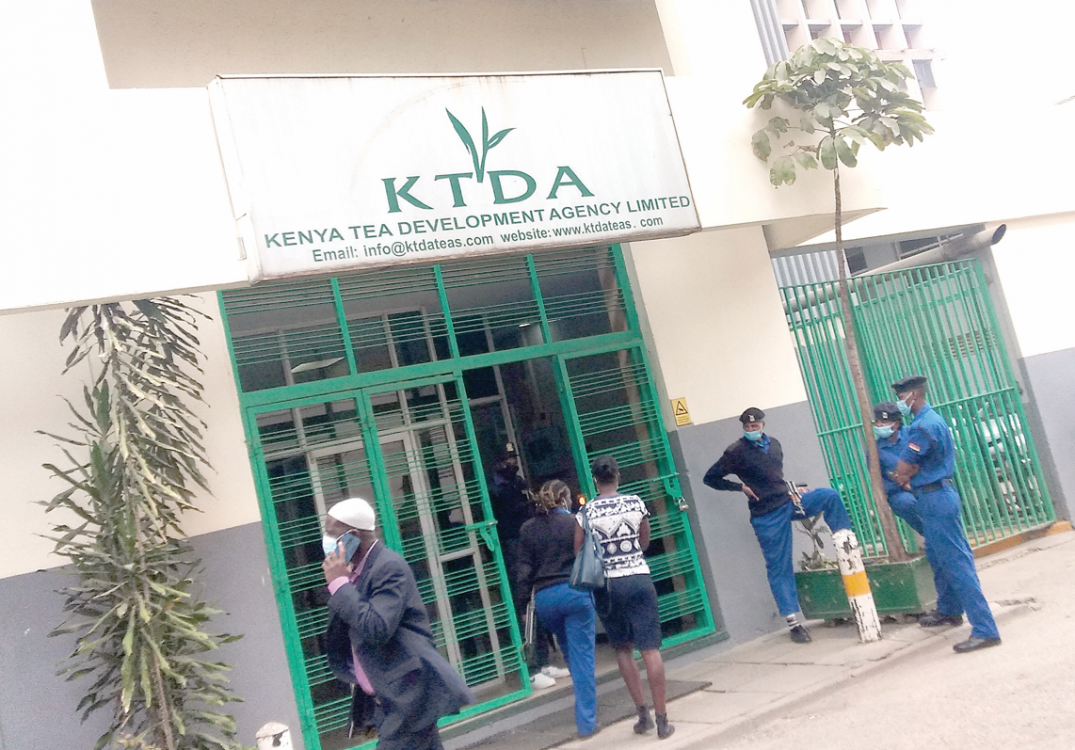KTDA told to withdraw court cases to allow sector reforms
By Rawlings, March 19, 2024Senators are pushing to unlock billions of shillings to the over 700,000 tea farmers in the country through the reforms in the sector.
The new tea regulations 2020, which were to come into force in 2021, have faced a litany of litigations aimed at blocking them from taking off.
They are aimed at streamlining marketing of the commodity and revamping the sector, ensuring farmers get more returns from their produce.
If the proposed reforms are successfully implemented, the changes will seal all leakages by eliminating cartels who have for long hijacked the sector denying farmers better returns from tea farming.
The new rules stipulate that after selling tea, the money should be transmitted to individual specific factories within 14 days and farmers should be paid at least 50 per cent on a monthly basis contrary to the current situation where farmers have to wait for a bonus for more than six months.
The reforms include ensuring that monies from direct sales are remitted to farmers within 90 days, prompt payment of bonuses and reduction of brokerage fees to ensure better earnings for farmers.
Currently, there are at least 11 court cases opposing the implementation of new tea regulations for better pay for the farmers.
The Senate Agriculture Committee chaired by Kirinyaga lawmaker James Murango has now called on the major stakeholders in the sector to find a solution to the impasse.
The committee wants Tea Board of Kenya (TBK), Independent Tea Producers, Kenya Tea Growers Association, and East African Tea Traders Association to find a solution to unblock the reforms in order for the farmers to get value for money.
Former directors
Appearing before the committee, TBK Chairperson Jacob Kamau said the new reforms cannot take root because of infighting at the Kenya Tea Development Agency (KTDA) Holdings Limited pitting the new board against the old one.
Kamau said the former directors of the agency had filed at least 11 cases in court with KTDA chief executive officer Wilson Muthaura among the litigants opposing the reforms. In his presentations before the committee, Kamau explained that they have tried to intervene to have the cases withdrawn to no avail, with the former directors adamant that they will not withdraw the cases.
“Some people are just putting the spanner into the works. The cases have got nothing to do with fighting for the over 760,000 tea farmers because they are against the beneficial regulations,” Kamau told the committee.
He further added that the old board is adamant they will not withdraw the cases.
“You should invite them to ask who they are fighting for. We do not understand why they are fighting because we should work for the benefit of the farmers,” said Kamau.
However, Senator Murango said for years, farmers in the country have been getting meager pay despite tea generating billions from the global market.
According to the Kirinyaga lawmaker, the over 760,000 farmers who rely on the crop for their livelihood have pegged their hopes on the reforms that propose better pay for the produce.
Murango was categorical that KTDA has been the biggest impediment in the realisation of the reforms through the court cases.
“They are frustrating the implementation of the new regulations. So, we decided to call them to deal with the matter outside the court otherwise farmers will wait forever to benefit from the reforms,” said Senator Murango.
He went on: “If we are to implement the new regulations to the benefit of the farmers, we must ensure that there are no more court cases. Many people went to court and these cases can drag on for years but we want to ensure we find an amicable solution that will ensure the farmer benefits from tea farming.”
Issue guidelines
Instead, Murango called on TBK to issue guidelines on the elections, which are long overdue, to ensure farmers get new representatives with their interests at heart.
In the new tea regulations, brokerage fees have been reduced from 1.5 per cent to 0.2 per cent to enable farmers to get better returns.
KTDA has enjoyed the monopoly in marketing of tea from small-scale holder farmers and the proposed regulations will see the issue of marketing dealt with.
However, the rules caused a storm in the tea sector with farmers supporting them while others are against them.
A section of KTDA has been accused of opposing the regulations by manipulating farmers to file cases in court to oppose the new regulations.
